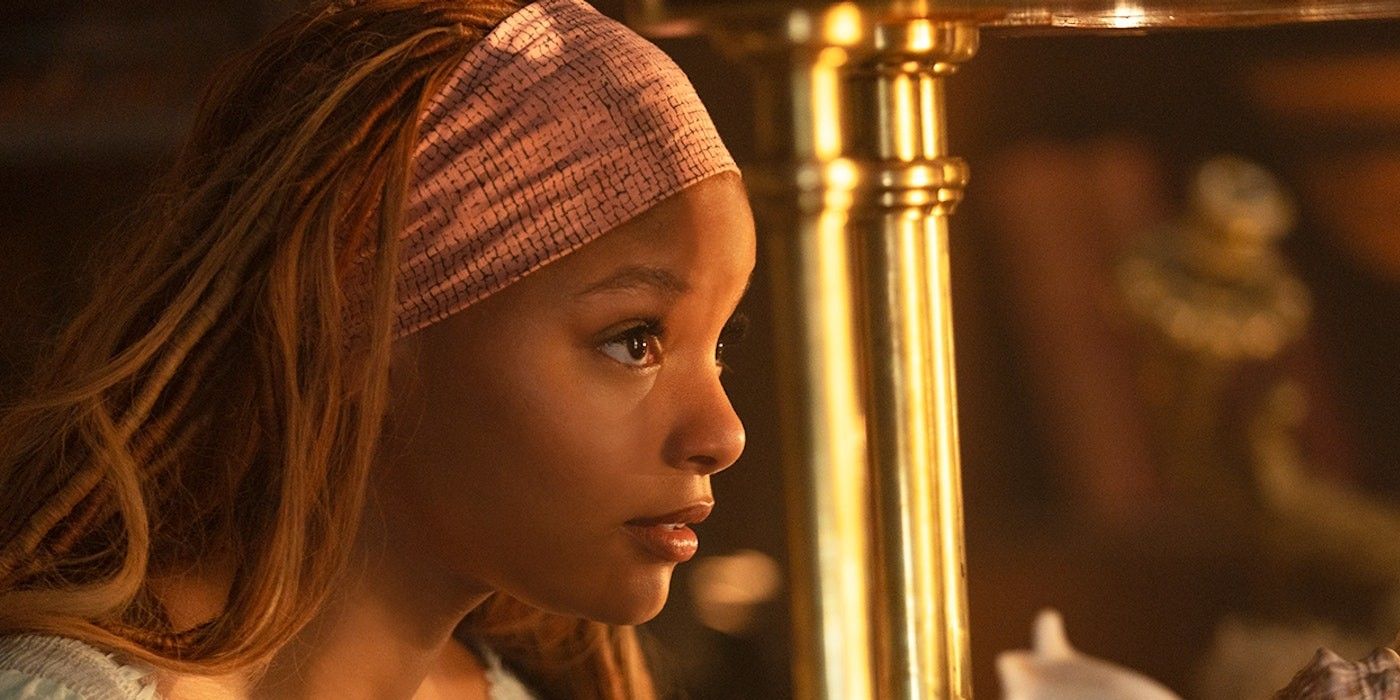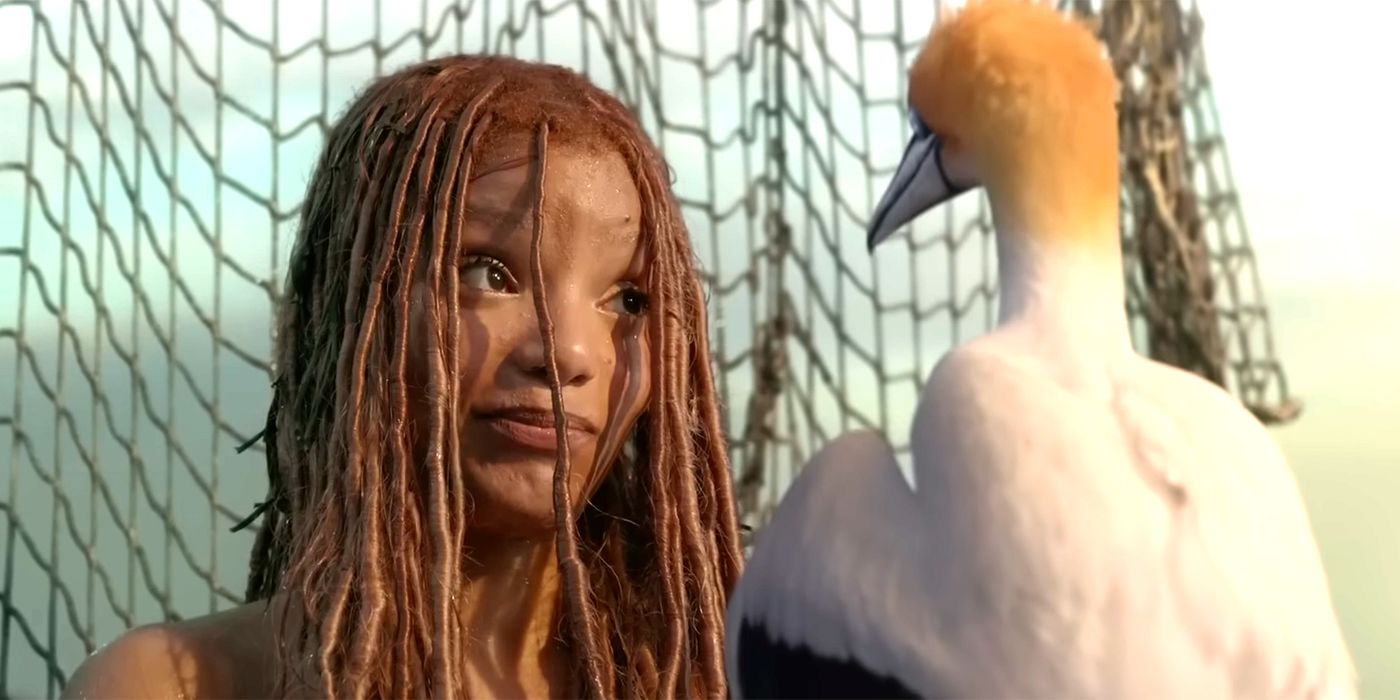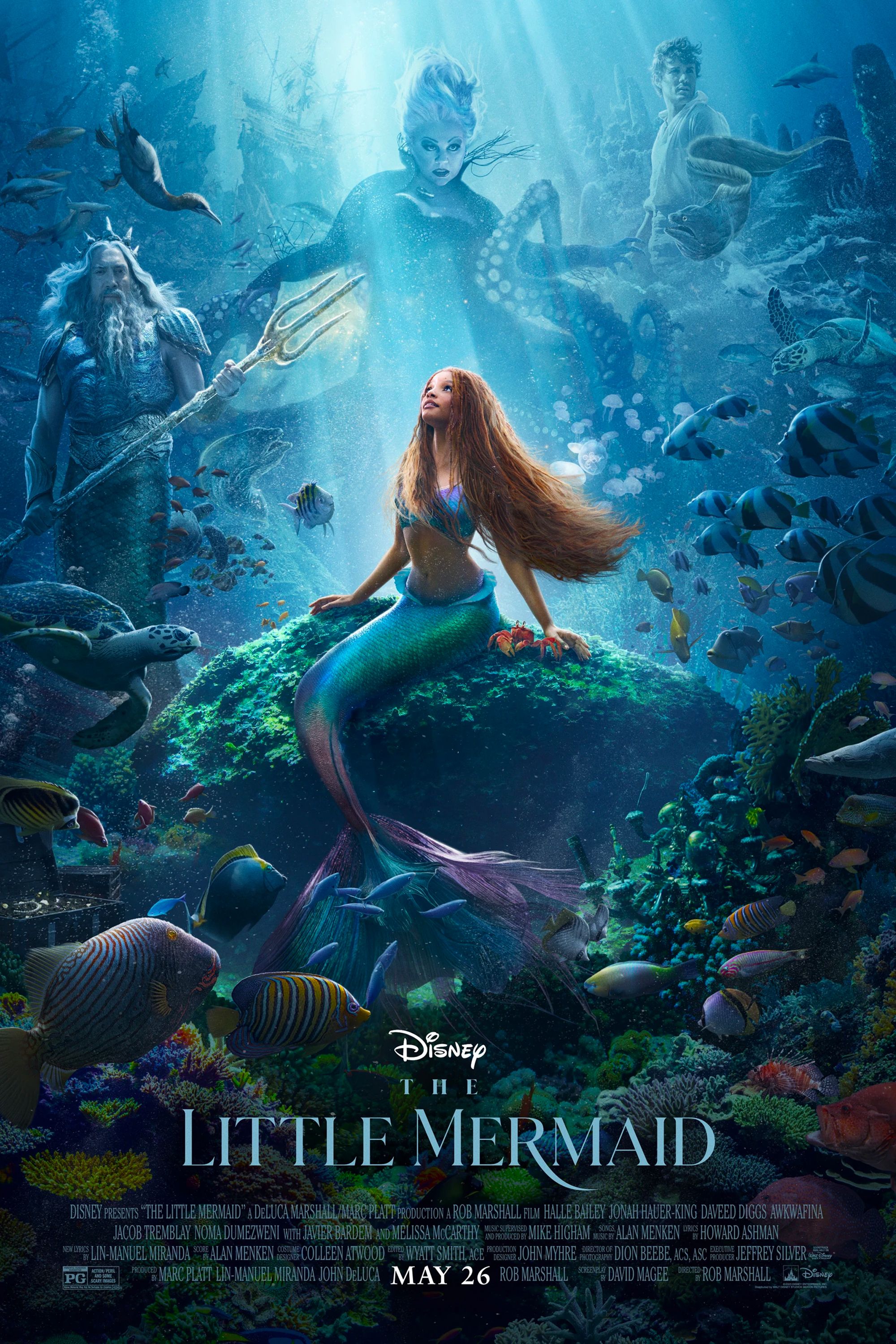Rob Marshall, the director of the 2023 The Little Mermaid remake, has defended the live-action adaptation against comparisons to the original 1989 animated movie. The highly anticipated film starring Halle Bailey in the titular role has faced scrutiny since it was announced in 2016. From racist attacks on Bailey's casting to the controversy surrounding the design of Ariel's underwater friends, there has been as much public excitement for the upcoming movie as fear around altering the original beloved story and potentially tarnishing the legacy of the Disney classic.
Marshall has once again spoken out against criticism surrounding changes made to The Little Mermaid live-action remake. Speaking to IndieWire, Marshall explained why it is necessary in any live-action adaptation of an animated classic for changes to be made that reflect how society has progressed. Check out what he had to say below:
It’s so funny how people hold onto things. They don’t realize that this is a different genre. You have to make it work as a live-action [film] as if there were never an animated film. It’s your chance to do things that work for the story. It’s all about story. It’s like taking a beautiful opera, a beautiful play, and doing it again. You look at it through a new lens. It’s not 1989, it’s 2023, so what can we bring to it and still hold on to the most important things that really still work, but then kind of reimagine it?
Differences Between the 1989 and 2023 Little Mermaid Movies Explained
As Marshall explains, the remake of The Little Mermaid includes many changes and additional elements from the original, contributing to its over 2-hour long runtime. Some of these changes are so subtle audiences may not even notice them. For example, the character Scuttle, voiced by Awkwafina, who assists Ariel in adding to her collection of human belongings, was changed from male to female and from a seagull to a northern gannet in order for the character to appear in underwater scenes. While this change is relatively small, it does indicate the creators' attention to detail rather than relying on the inherent appeal of the film's nostalgia.
Larger changes in The Little Mermaid include the addition of new songs, as well as the removal of two of the original film's songs, and a more expansive backstory for Prince Eric. Lin-Manuel Miranda and Alan Menken penned three new songs meant to give audiences more insight into the film's central characters, including "The Scuttlebutt" for Sebastian and Scuttle, Ariel's first song on land, "For The First Time," and Prince Eric's solo "Wild Uncharted Waters." Additionally, audiences will learn more about the prince through the additional character of his controlling mother, an aspect of his backstory that brings more depth to the character and makes him more relatable to Ariel who struggles with her own father's controlling nature.
Although viewers will learn more about Prince Eric, a crucial update to The Little Mermaid is that Ariel's motivation comes from her desire for independence rather than to be with the prince. In modernizing Ariel's journey from the sea to land, the film uses a feminist lens to reflect the importance of women having the freedom to be who they want to be for themselves rather than for a man, a message that was not highlighted as clearly in the original. While early reviews for the film are promising, whether The Little Mermaid live-action remake lives up to the cherished original will be clear once it hits theaters.
Source: IndieWire



